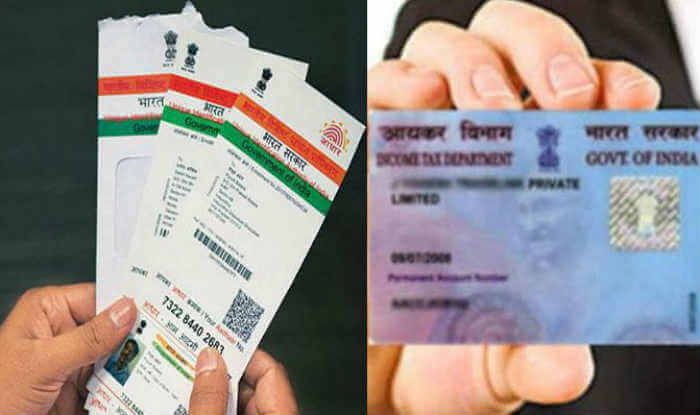Ever since the Parliament enacted Sec. 139AA of the Income Tax Act, 1961(amended vide the Finance Act, 2017), under which it has been made compulsory to give one’s Aadhaar number for the purpose of applying PAN cards while filing income tax returns, many questions have been raised as to the competency of the Parliament to enact such a law and many oppositions were also faced against such an enactment.
However, in the span of few days the Supreme Court of India disposed off the Writ Petition(Civil) No. 247 of 2017 and laid a partial stay on Sec. 139AA of the Income Tax Act, 1961 on Friday,i.e., 9th day of June, 2017 and came to the following conclusions:
- We hold that the Parliament was fully competent to enact Section 139AA of the Act and its authority to
make this law was not diluted by the orders of this Court. - We do not find any conflict between the provisions of Aadhaar Act and Section 139AA of the Income Tax
Act inasmuch as when interpreted harmoniously, they operate in distinct fields. - Section 139AA of the Act is not discriminatory nor it offends equality clause enshrined in Article 14
of the Constitution. - Section 139AA is also not violative of Article 19(1)(g) of the Constitution insofar as it mandates
giving of Aadhaar enrollment number for applying PAN cards in the income tax returns or notified Aadhaar enrollment number to the designated authorities. Further, proviso to sub-section (2) thereof has to be read down to mean that it would operate only prospective. - The validity of the provision upheld in the aforesaid manner is subject to passing the muster of Article 21 of the Constitution, which is the issue before the Constitution Bench in Writ Petition (Civil) No. 494 of 2012 and other connected matters. Till then, there shall remain a partial stay on the operation of proviso to sub-section (2) of Section 139AA of the Act, as described above.
So, the Apex court held that those who have already enrolled themselves under Aadhaar scheme would comply with the requirement of sub-section (2) of Section 139AA of the Act. Those who still want to enrol are free to do so. However, those assessees who are not Aadhaar card holders and do not comply with the provision of Section 139(2), their PAN cards be not treated as invalid for the time being. It is only to facilitate other transactions which are mentioned in Rule 114B of the Rules. We are adopting this course of action for more than one reason. We are saying so because of very severe consequences that entail in not adhering to the requirement of sub-section (2) of Section 139AA of the Act. A person who is holder of PAN and if his PAN is invalidated, he is bound to suffer immensely in his day to day dealings, which situation should be avoided till the Constitution Bench authoritatively determines the argument of Article 21 of the Constitution. Since we are adopting this course of action, in the interregnum, it would be permissible for the Parliament to consider as to whether there is a need to tone down the effect of the said proviso by limiting the consequences.
And also, the Supreme Court further laid down that at the same time, we find that proviso to Section 139AA(2) cannot be read retrospectively. If failure to intimate the Aadhaar number renders PAN void ab initio with the deeming provision that the PAN allotted would be invalid as if the person had not applied for allotment of PAN would have rippling effect of unsettling settled rights of the parties. It has the effect of undoing all the acts done by a person on the basis of such a PAN. It may have even the effect of incurring other penal consequences under the Act for earlier period on the ground that there was no PAN registration by a particular assessee. The rights which are already accrued to a person in law cannot be taken away. Therefore, this provision needs to be read down by making it clear that it would operate prospectively.
To read the full judgement, click here.
Source: Firstpost & Economic Times


